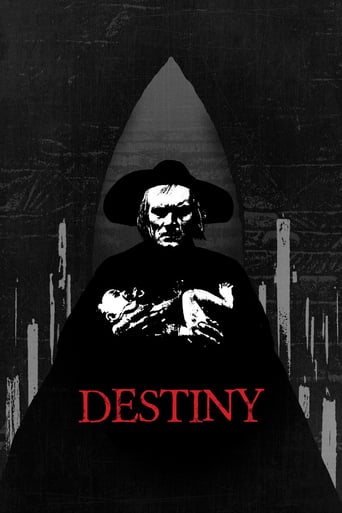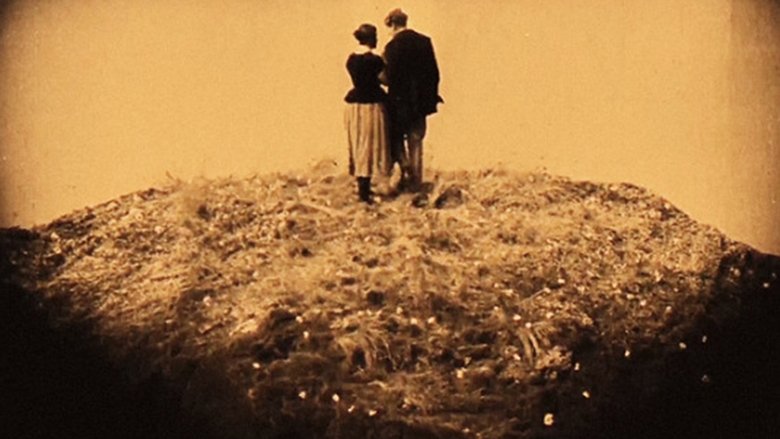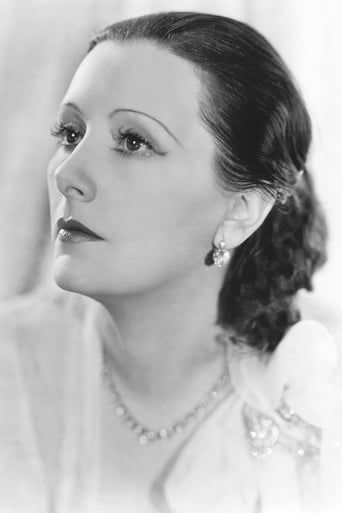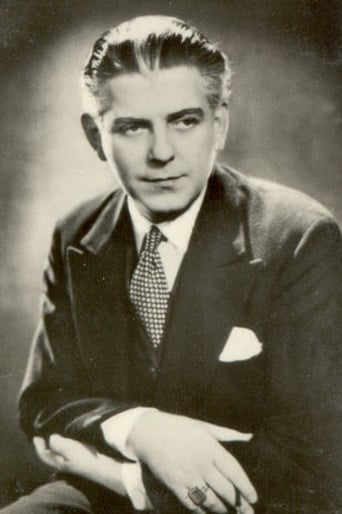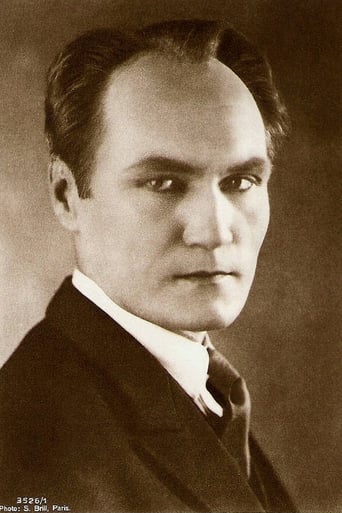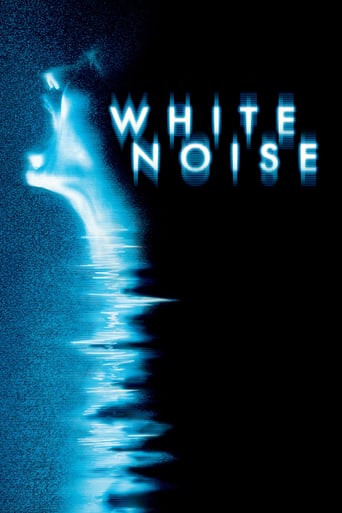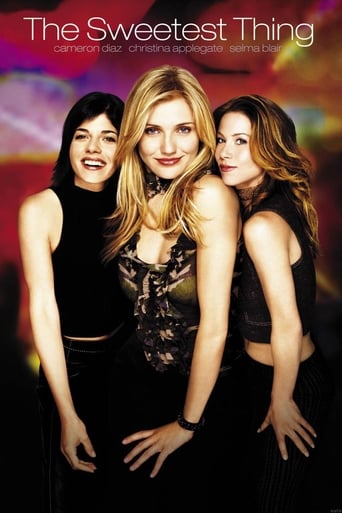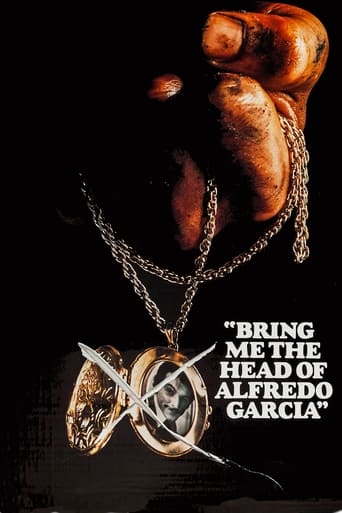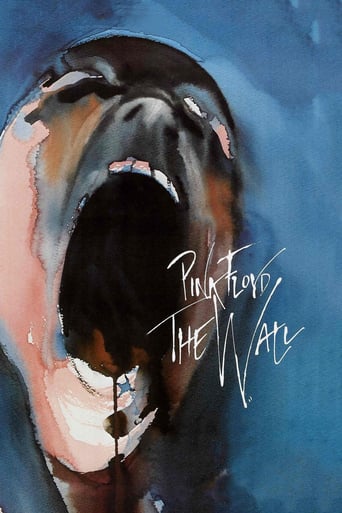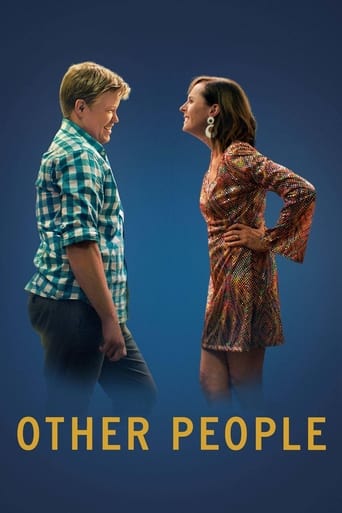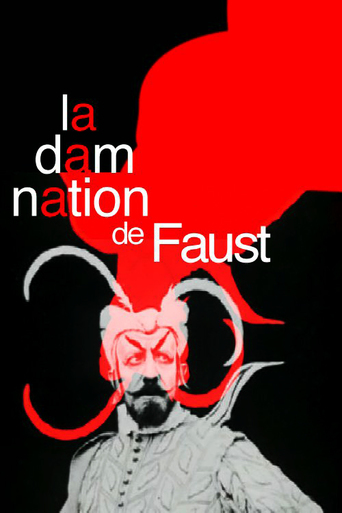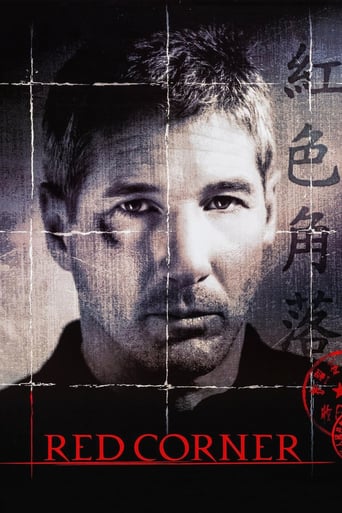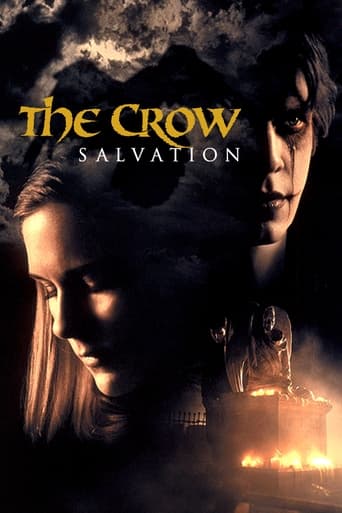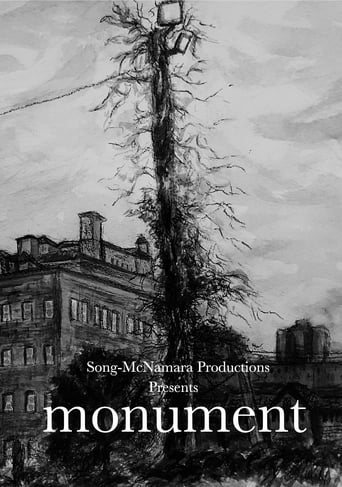Destiny (1921)
As a young couple stops and rests in a small village inn, the man is abducted by Death and is sequestered behind a huge doorless, windowless wall. The woman finds a mystic entrance and is met by Death, who tells her three separate stories set in exotic locales, all involving circumstances similar to hers.
Watch Trailer
Free Trial Channels
Cast


Similar titles
Reviews
Beautiful, moving film.
It's entirely possible that sending the audience out feeling lousy was intentional
It isn't all that great, actually. Really cheesy and very predicable of how certain scenes are gonna turn play out. However, I guess that's the charm of it all, because I would consider this one of my guilty pleasures.
Tells a fascinating and unsettling true story, and does so well, without pretending to have all the answers.
A young couple encounter Death in a country tavern while on a journey, and he claims the man. The man's young wife tracks Death down and pleads with him to return her husband to her. He promises to do so if she can prevent any one of three imminent deaths, each represented by a burning candle that has nearly burned out.The subject of death is a ripe one for the cinema, and probably the most famous example of a living person attempting to bargain with death is Bergman's The Seventh Seal, but this silent movie from Fritz Lang is possibly more accessible to the casual viewer. Death here is something of a sympathetic character - and he is a character rather than just a representation - slavishly following the laws laid down by God, but wishing for a release from his responsibilities. He's played here by Bernhard Goetzke, a hollow-cheeked man with searing eyes who certainly looks the part.All of the principle characters play multiple roles, perhaps to emphasise the inevitability of death for us all and the futility of attempting to escape it (or maybe to cut down on costs - who knows?) The film looks great, with some striking images and impressive sets. It's true that the film does drag a little in the second act in which three short stories are played out, taking the action away from the main story and thus bringing that part of the film to a screeching halt.Der Mude Tod is one of those films that will no doubt entrance lovers of silent or early German cinema but which is unlikely to convert many to the genre. Fritz Lang's direction is crisp and imaginative and there's something almost intangible about it that suggests a young director at the outset of his career.
With the advent of the spoken movies one cinematographic species was forever extinguishedthe cinema lyrical poem; I do not intend to say that all silent movies were such lyrical poems. Far from the truth; it is plain for everyone to see that the spoken and dramatic movies, and also the genres knew their avatars during the silent era. But some of the silent movies were lyrical poemsof a kind rendered impossible by the spoken cinema.Perhapsand I graciously say perhaps, yet I'm convinced of itthe most noticeable feature of DMT (let's keep it German, shall we not?) is its gloomy, eerie, uncanny, funeral atmosphere. Simultaneously, the pace is quite alert, while the three vignettes referred to below are refreshingly dissimilar.Now let us see whetherand to what extentwe do agree. DER MŰDE TOD is a creepy melodrama, sometimes thrillingly beautiful, almost a great movie, certainly a good one; a young woman attempts to rescue her lover from the claws and pangs of the personified Death; which Death offers her several occasions to see human lives brutally extinct, and the director treats us with a few exotic scenesa Mohammedan tale; an Italian Renaissance one; and a Chinese one, the best vignette might be that of Monna Fiametta and Girolamo. Lil Dagover plays the dignified young woman; she once represented the glamor of the silent screen.
This early Fritz Lang picture made quite a splash among his fellow filmmakers. Hitchcock's favourite film, catalyst for Luis Bunuel's career, inspiration for many of the devices in the Douglas Fairbanks Thief of Bagdad and even one or two ideas in Powell and Pressburger's Tales of Hoffman, Der Mude Tod certainly has a lot to answer for.This was also Lang's first collaboration with wife-to-be Thea von Harbou. The influence of a more talented screenwriter is clear, as this boasts a far stronger narrative than his earlier Spiders pictures, which he penned himself. The main storyline was famously inspired by a dream that Lang once had. I've lost track of the number of times I've woken up from a dream, thinking it was a fantastic idea for a screenplay, only to realise once I was properly awake it was unworkable. Lang and Harbou have done a good job then of weaving a fairly coherent story out of what is after all the product of someone's unconscious mind. And yet there are a number of weaknesses to it. For example, why is it necessary to introduce us individually to all the town's notaries, when their identities are of so little importance to the plot? This is at the expense of the principle characters, none of whom is fully rounded.However, while Lang often failed to balance out a story, he had a real sense of structure when it came imagery and tone. Here was a director who truly thought in images and not words. If you look at Lang's greatest silent pictures, especially Metropolis, they are structured – often literally – like works of classical music, with calm passages giving way to more dynamic movements. You can see the beginnings of that trend here – the framing story in the German town is slow and appropriately dreamlike in its imagery. Then there is a sudden contrast with the burst of action that opens the story of the first light, and this frantic pace is kept up throughout the first and second stories. For this reason the third story, for all its special effects, is the weakest for me because it loses the pace of the first two and is the least tight in its construction.The individual image was also highly important to Lang. Whereas his contemporaries in German cinema were doing everything with shadows and superimpositions, Lang often achieves greater effect with his manipulation of space. He had already experimented with scenery and space in his earliest films, but by now a very definite approach is beginning to emerge. Lang often likes show us a scene from two opposing camera angles, showing us the completeness of a set and making it feel real to the audience. He is not afraid to break the line of action – switching the camera from one side of the actors to the other - generally a directorial no-no, but to be honest it only causes confusion when everything is shown in close-ups and the space where the action takes place is not well defined. In Der Mude Tod, as with many of Lang's films, every shot seems calculated to suggest enclosure and entrapment – very apt for the theme of inescapable fate. On small sets, rear walls are often at 45-degree angles to the camera, so they appear to hem in the actors, while on the larger sets the sheer cavernous size of the room makes the actors appear tiny. Even in the outdoor scenes the action is often framed by an overhanging tree.In spite of his constant attention to the architecture, Lang is now paying a bit more attention to his actors. The performances are comparatively restrained for a German silent film, with Lil Dagover resisting the temptation to slip into melodrama, and the always watchable Rudolph Klein-Rogge in the most normal, human role I have ever seen him in.In Der Mude Tod, we see the first flourishing of Fritz Lang's genius. He is just a few films away from perfecting his technique. Still, the picture suffers somewhat from the same problem as many "effects movies", in that it is an impressive show without enough substance to back it up – in this case the main defect is a lack of well-defined characters.
This was an early film of Fritz Lang--before he made his incredibly famous silent METROPOLIS. However, despite being a younger and less experienced director, this film shows a real deftness and I enjoyed it quite a bit.This viewing experience was helped quite a bit by a nice musical score--something that not all silents come with on DVD. As musical scores were almost never written specifically for films, many DVDs have scores that often don't match up well with the films--this is certainly NOT the case with this lovely film.The story is an allegory about death and it reminded me, in part, of Bergman's films "The Seventh Seal", as both films concerned a person trying to make a bargain with the Angel of Death--to somehow get a second chance. "Der Müde Tod" is a bit different because this time it is not the fated to die who tries to make the bargain but his new wife--who can't stand the idea of losing him right after the wedding.Unfortunately, the middle portion of the film is a bit of a drag. While all three segments were well made, they weren't at all necessary to the plot. All three stories were apparently told by Death to illustrate that ones fate cannot be overcome--even by love. All this tended to do, though, was slow down the film. The first and last portions (which dealt with the Angel and the new bride) were exceptional--and just didn't need the three stories. In many ways, this style of filming was a copy of D. W. Griffith's "Intolerance"--as the three stories are meant to illustrate the premise.Fortunately, when these three irrelevant stories are complete, the film jumps back into gear. The Angel tells the lady he is willing to return her husband IF she is able to find someone to take his place in the afterlife. She asks around and naturally no one wants to die. Later, when she comes upon the child in the fire, this leads to a terrific ending--one that really helps the movie to end on an excellent note.Exceptionally beautiful throughout and compelling, this is a silent film worth seeing.

